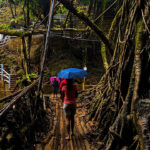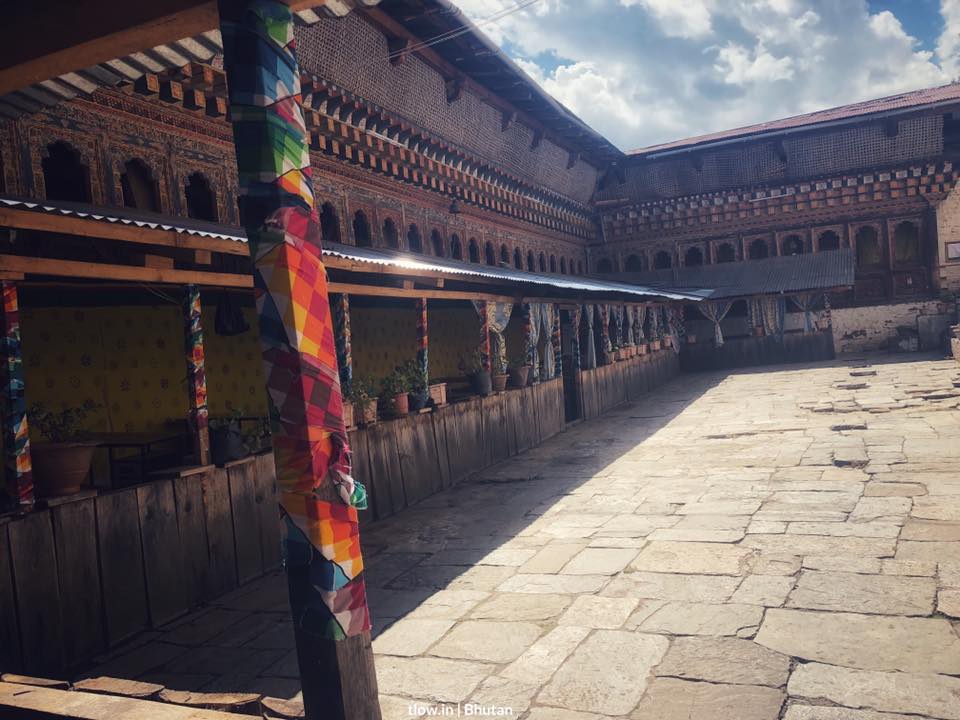
Advantage Of Traveling To Bhutan After Covid-19
The COVID-19 pandemic has had a significant impact on tourism in Bhutan. The country, known for its unique approach to tourism based on the concept of Gross National Happiness (GNH), implemented strict measures to control the spread of the virus, which resulted in a complete halt of international tourism.

Table of Contents
Due to the COVID-19 pandemic, the tourism industry in Bhutan has been significantly impacted. As a result, the Bhutanese government implemented strict measures to control the spread of the virus, including closing borders and suspending tourist visas. However, as the situation improves and international travel resumes, Bhutan is expected to slowly reopen its tourism sector.
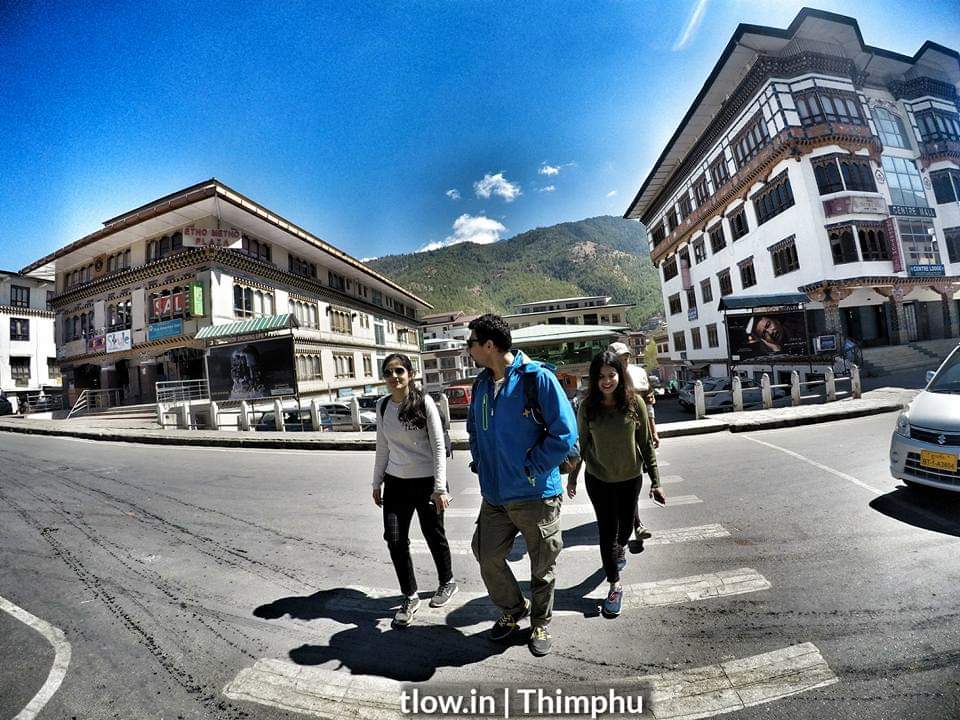
To ensure the safety of both tourists and locals, Bhutan may introduce various precautions and protocols. These measures might include mandatory COVID-19 testing before arrival, temperature checks at airports, and the requirement of a valid travel insurance policy covering medical expenses related to COVID-19. Additionally, visitors might be asked to follow strict health and hygiene protocols during their stay, such as practicing social distancing, wearing masks, and regular hand sanitizing.
Bhutan’s tourism industry is known for its sustainable approach, focusing on high-value, low-impact tourism. This approach might be further emphasized after COVID-19, with the government ensuring that tourism activities align with its philosophy of Gross National Happiness (GNH). This means promoting responsible and sustainable tourism practices that prioritize the well-being of the local communities and the preservation of Bhutan’s unique cultural and natural heritage.
Furthermore, Bhutan might explore new tourism offerings and experiences to cater to the changing travel landscape post-COVID-19. This could include promoting outdoor activities like hiking, trekking, and wildlife spotting, which allow for social distancing and utilize the country’s stunning natural landscapes. Additionally, wellness tourism and holistic experiences focusing on mental and physical well-being might also gain popularity as people seek to rejuvenate and recover from the stresses brought on by the pandemic.
Overall, while the future of Bhutan’s tourism industry remains uncertain in the short term, the country’s commitment to sustainable tourism practices and its unique cultural and natural beauty make it well-positioned to bounce back and attract visitors once travel restrictions ease.
Here are some of the changes observed in Bhutan’s tourism industry after COVID-19:
1. Closure to international tourists:
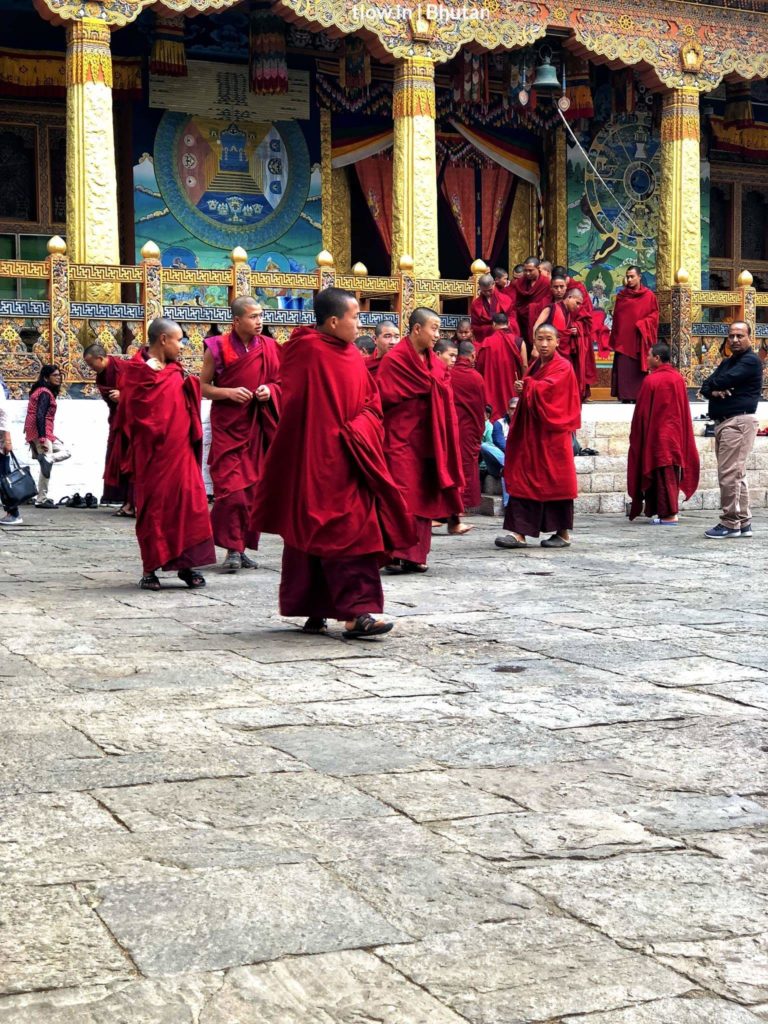
The country closed its borders to international tourists in March 2020 to prevent the importation of the virus. This had a substantial impact on the tourism sector, which heavily relies on international visitors.
2. Shift to domestic tourism:
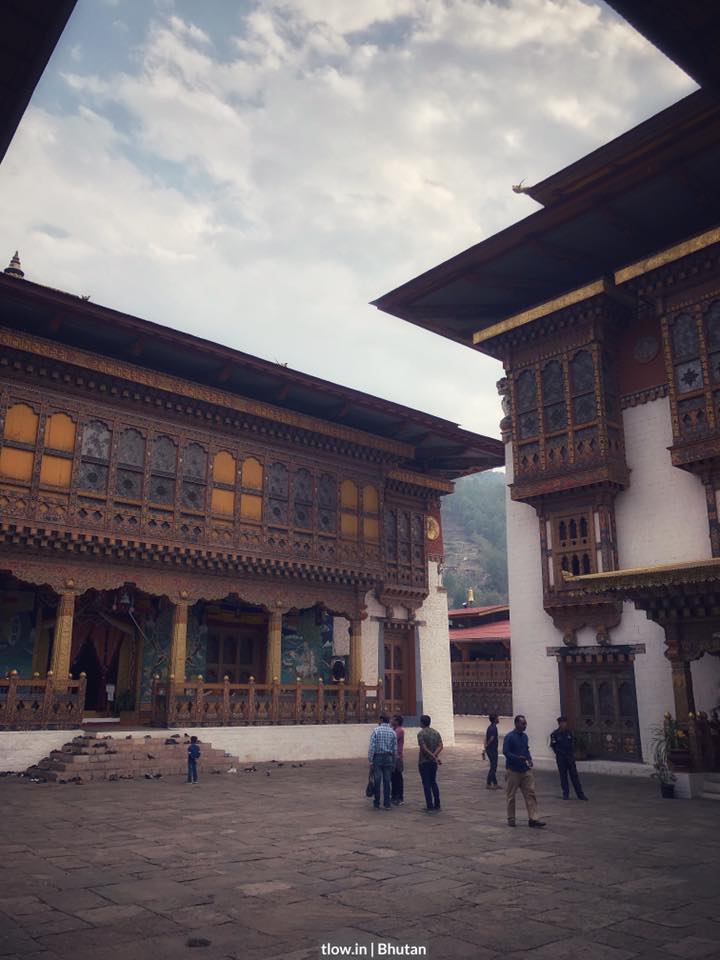
With international visitors no longer allowed, the focus shifted to promoting domestic tourism. The government encouraged Bhutanese citizens to explore their own country to support the local economy and boost tourism within the country.
3. Travel bubbles and limited entry:
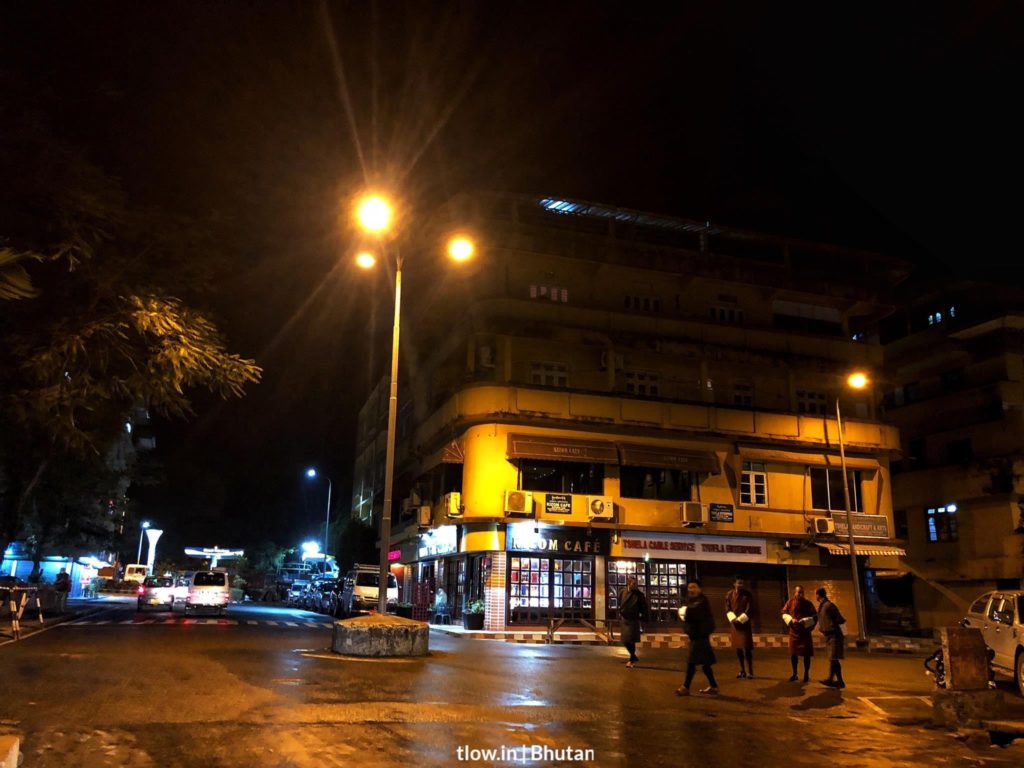
Bhutan has gradually started allowing limited entry for tourists from certain countries with which it has established travel bubble agreements. These agreements enable a controlled resumption of tourism while prioritizing public health and safety.
4. Implementation of safety protocols:
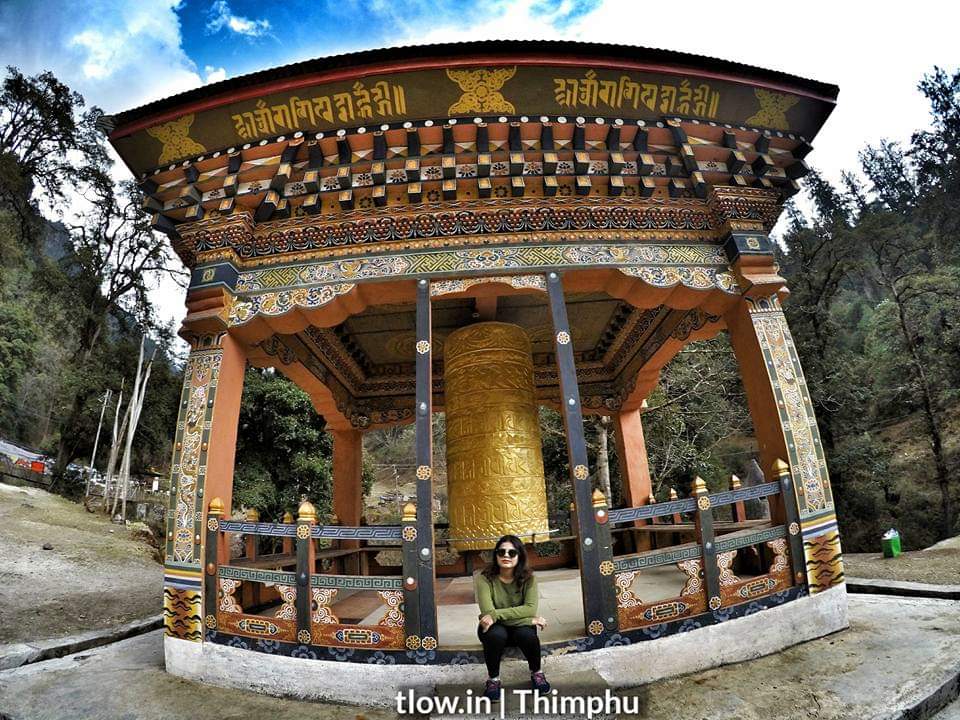
To ensure the safety and well-being of both tourists and locals, Bhutan implemented strict safety protocols. These include mandatory quarantine for tourists upon arrival, regular testing, and adherence to health and hygiene guidelines.
5. Sustainable tourism emphasis:
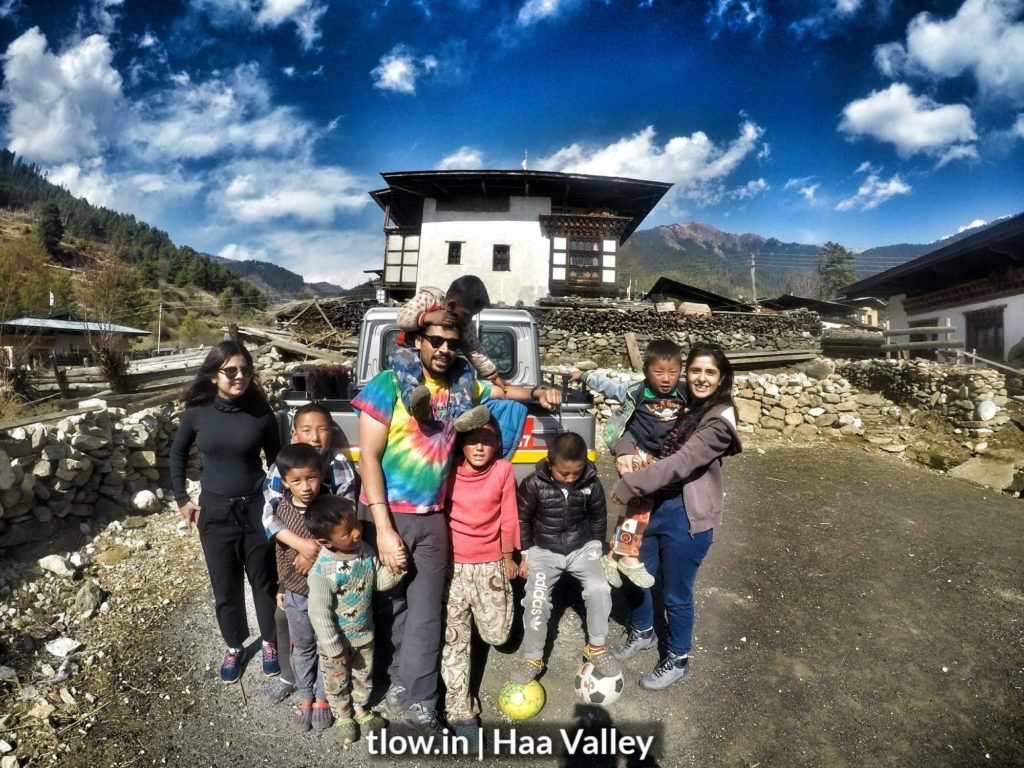
The country has always been committed to sustainable tourism practices, and the pandemic has further highlighted the importance of this approach. The country continues to focus on preserving its environment, culture, and traditional ways of life while exploring avenues to promote responsible tourism.
6. Bhutan has had a Digital transformation:
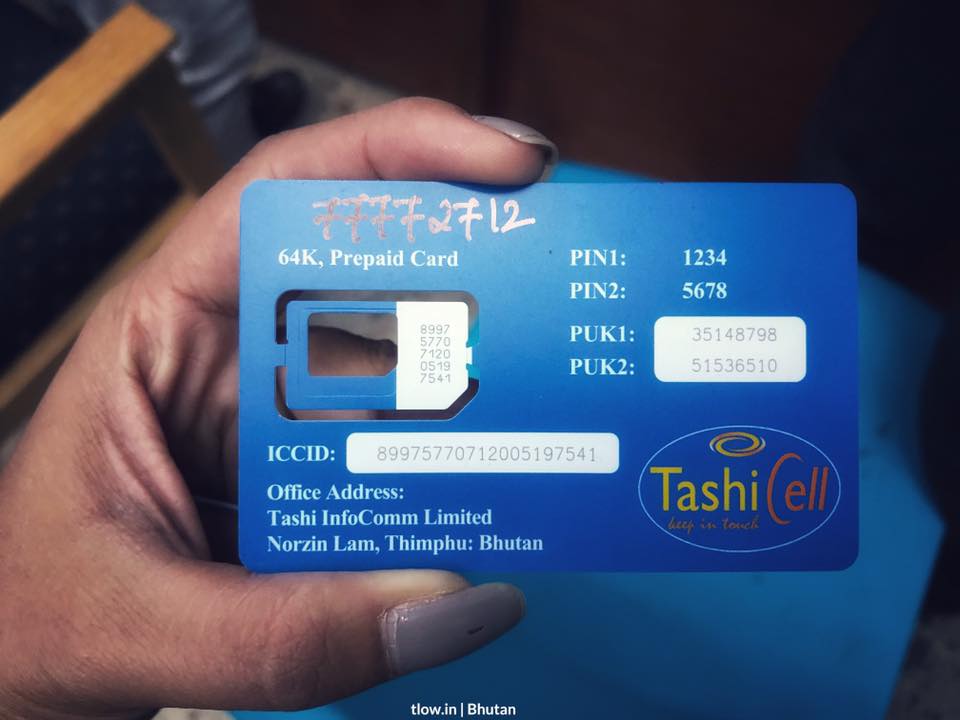
The pandemic accelerated the adoption of digital technologies in Bhutan’s tourism industry. Online platforms and digital marketing strategies have gained increased prominence in promoting the country’s attractions, engaging with tourists, and providing virtual experiences.
7. Recovery plans and support:

The Bhutanese government has developed recovery plans and provided support to the tourism industry, including financial assistance and incentives to mitigate the economic impact of the pandemic. These measures aim to revive the sector by promoting domestic tourism and gradually reopening to international tourists when it is deemed safe.
Overall, the COVID-19 pandemic has significantly affected Bhutan’s tourism industry. However, the country’s commitment to sustainable tourism, emphasis on safety, and promotion of domestic travel have helped in navigating the challenges and laying the foundation for a gradual recovery.











